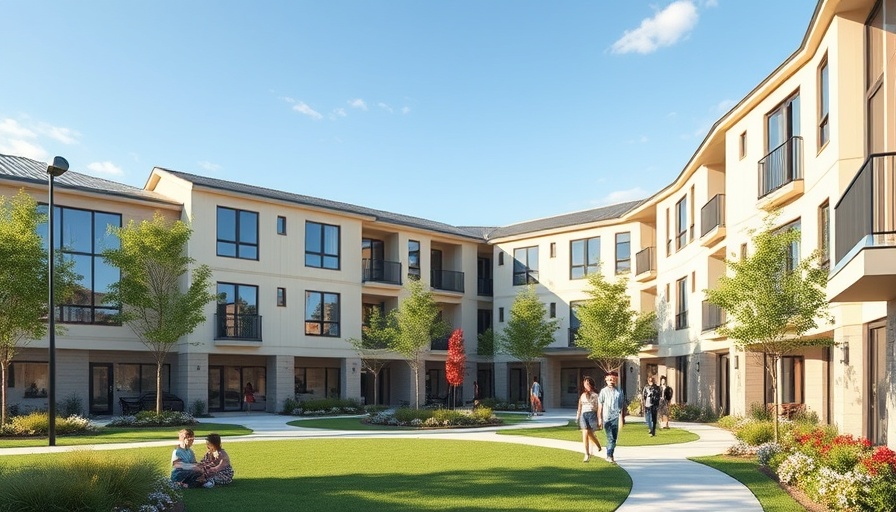
Transforming Lives in Austin: The Upcoming Peace Family Housing Project
Austin is on the brink of a significant initiative aimed at addressing housing insecurity. The Peace Family Housing project is expected to break ground in early September, representing a pivotal step towards providing supportive housing for families in need. This project not only signifies a physical construction of structures but the building of a community, offering a safe haven for vulnerable families.
Understanding the Importance of Affordable Housing
Affordable housing is a pressing issue across many urban areas, including Austin. With rising real estate prices and increasing demand for housing, many families struggle to find stable, affordable places to live. The Peace Family Housing project aims to alleviate some of these challenges by creating dedicated housing solutions that meet the needs of these families on a larger scale.
The Benefits of Supportive Housing
Supportive housing provides not just a roof over one's head but also essential services that help families regain stability. These may include access to counseling, job training programs, and childcare assistance. By integrating these services with housing, the Peace Family project recognizes that housing is only one piece of a much larger puzzle. This holistic approach empowers families to thrive.
Local Engagement and Community Involvement
Community support plays a critical role in the success of housing initiatives. The Peace Family Housing project has garnered backing from local stakeholders, including government leaders, non-profit organizations, and community members. This collaboration underscores a shared commitment to tackling the challenges of homelessness and housing insecurity in Austin, creating a ripple effect of optimism and solidarity.
Future Predictions: More Housing Projects on the Horizon?
Given the growing awareness and urgency surrounding affordable housing, the Peace Family Housing project may be just the beginning. As community leaders and citizens advocate for sustainable solutions, one can predict a surge in similar housing initiatives throughout Austin and beyond. This trend represents a shift in how communities approach housing, moving towards a more integrated and proactive model.
Common Misconceptions About Housing Initiatives
Many may equate affordable housing initiatives solely with government-provided solutions. However, the reality is much more nuanced. The Peace Family Housing project is a collaboration between nonprofits, community organizations, and local authorities, demonstrating a collective approach to solve a complex issue. Understanding this collaborative effort is vital for fostering support within the community.
How This Project Reflects Broader Trends in Urban Development
The Peace Family Housing initiative reflects a trend in urban development focusing on inclusivity and sustainability. As cities grapple with balancing growth and providing for all citizens, projects like this one expose the potential for developing housing solutions that cater to diverse community needs. The spotlight on such projects encourages a broader dialogue on equitable urban planning.
Action Steps: How You Can Get Involved
Civic engagement is crucial for the sustainability of such projects. Community members can lend their support by advocating for similar initiatives, participating in local discussions, or volunteering with organizations focused on housing solutions. Raising awareness about housing insecurity and affordable options is an essential part of fostering a supportive community environment.
The Peace Family Housing project is more than just a construction plan; it's an opportunity to foster community and support vulnerable families. By digging deeper into the context surrounding this initiative, we can better understand our role in addressing housing challenges in Austin.
As the groundbreaking date approaches, let us remain engaged with local news to see how this project unfolds and what changes it may bring to our community. The road ahead is promising, and every voice matters in this conversation.
 Add Element
Add Element  Add Row
Add Row 



Write A Comment